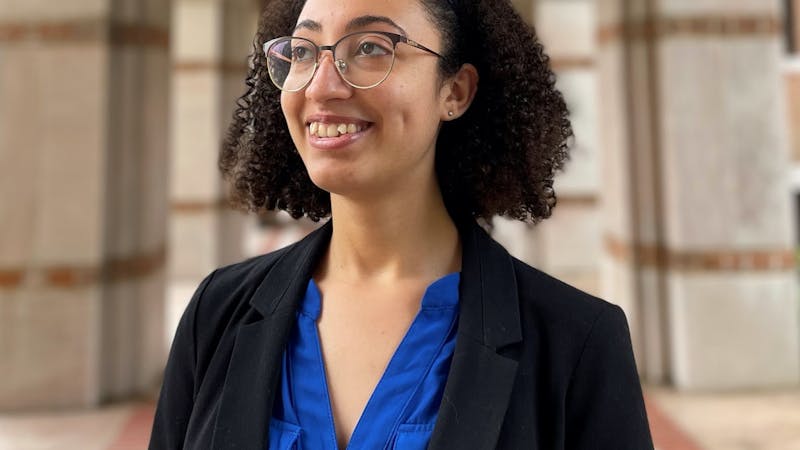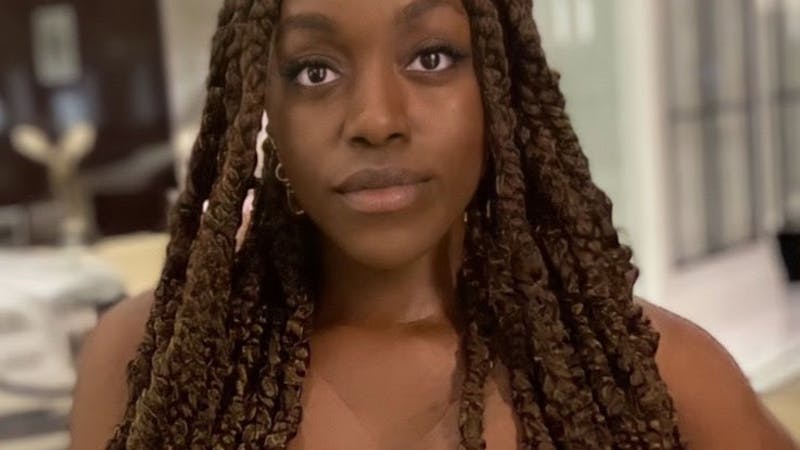The new meal swipe plan needs to be clarified
Over the summer, Rice Housing & Dining announced significant changes to the dining schedule and meal plan that went into effect at the start of the semester. The most notable change was the addition of a new meal time, affectionately known as “munch.” The other adjustment implemented the following change: “Re-entry to ANY servery requires a student to swipe to receive up to two entree plates again.”


